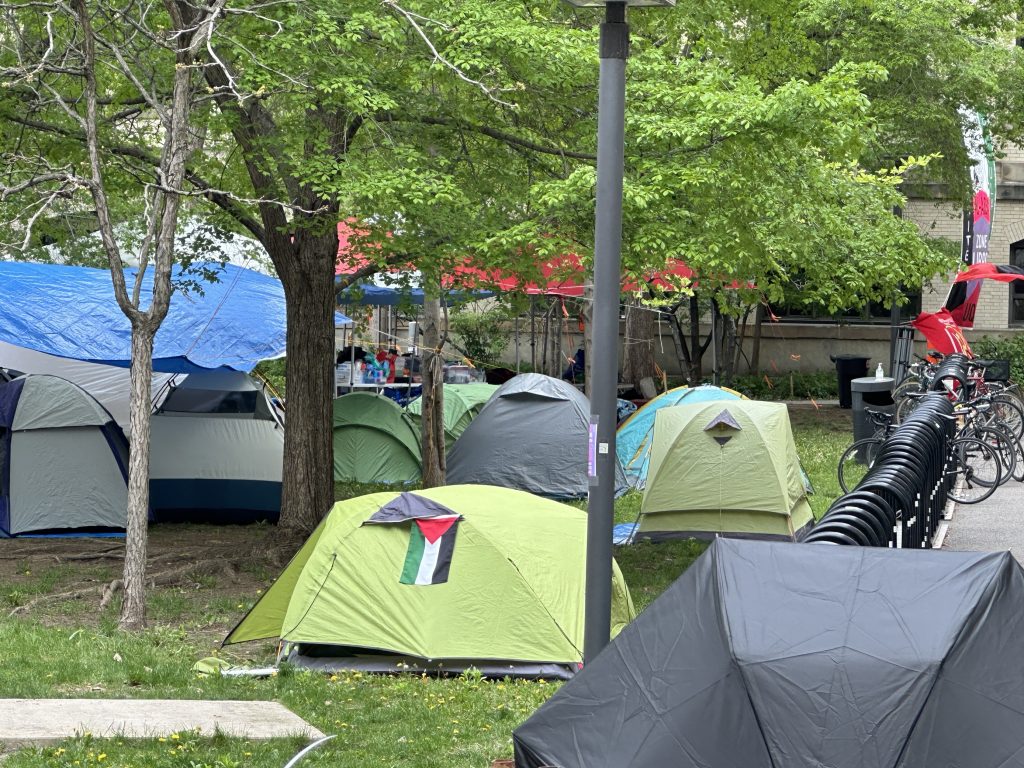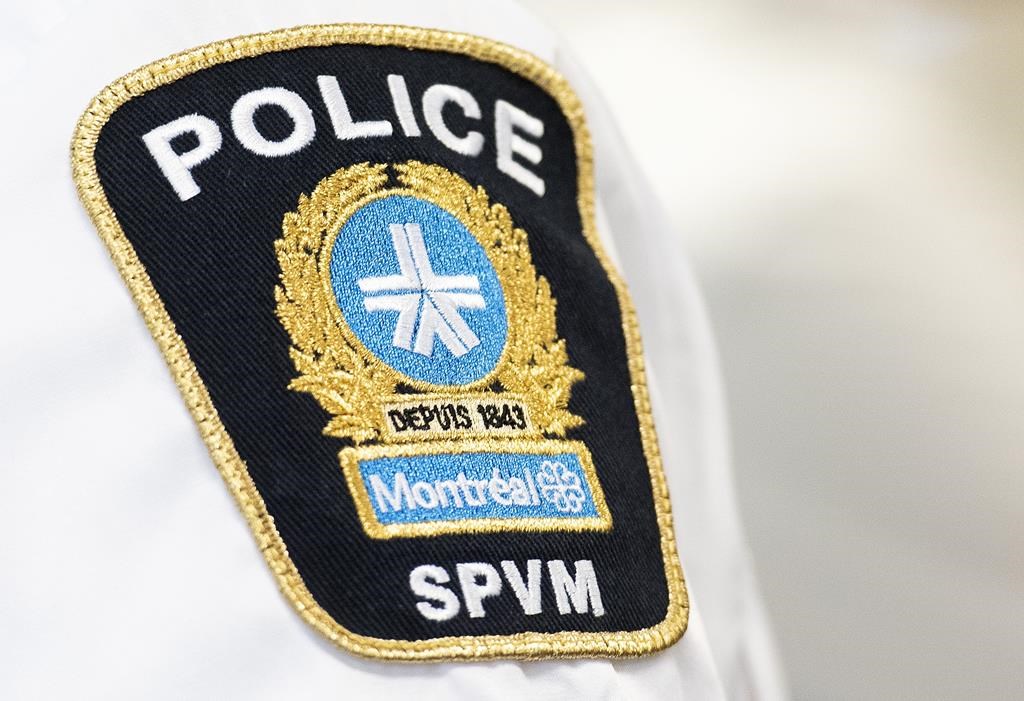Quebec says no to more consultations on hazing in junior hockey
Posted February 23, 2023 12:41 pm.
Last Updated February 23, 2023 6:33 pm.
There will be no extension of consultations on violence in junior hockey, after the motion was rejected by members of the CAQ government on the parliamentary committee.
Québec solidaire MNA Vincent Marissal was asking that more testimonies be heard at hearings before the Culture and Education Commission.
Marissal believes the five groups that appeared before the parliamentary commission are far from sufficient. He says he knows victims who are willing to speak publicly.
Those hearings stemmed from revelations last week of violent initiations in junior hockey, including sexual violence, discrimination and other forms of abuse.
“Hazing does not belong in sports,” Stéphane Boudreau, the deputy director general of the Réseau du sport étudiant du Québec (RSEQ), told CityNews. “Discrimination does not belong anywhere in society or sports. So we have to ensure that a safe place in sports are put in place.”
The Superior Court of Ontario heard young players were tortured, forcibly sequestered, shaved, stripped naked, drugged, intoxicated, physically and sexually assaulted and forced to drink urine, among other things.
“Within the hockey locker room, there is a culture and the idea of hazing and these sorts of incidents is something that was excused in the past as boys just being boys,” said economist Moshe Lander.
While Marissal wanted the hearings to continue, Isabelle Charest, the minister responsible for sport, said she believed parliamentarians had relevant information to make changes to prevent future abuse.
The parliamentarians heard from Gilles Courteau, the commissioner of the QMJHL, who promised to introduce a “locker room code” as of next season to prevent degrading initiations and to break the culture of silence within the league’s 18 teams.
Courteau said he wants the league to be a source of pride for Quebecers, and pointed to significant improvements that have been made in the last 20 years to make sure there is no risk to players.
But he added the league can only intervene when they are made aware of something, and that none of his teams were involved in the facts mentioned in the judgment.
READ MORE:
- Quebec premier demands explanation from junior hockey league about ‘disgusting’ abuse
- QMJHL to introduce ‘locker room code’ to prevent violent hazing
- Quebec hockey league aware of sexual assault allegations against two former players
“They didn’t have to wait for these allegations and these incidents to come to light to decide that now is the time to do something,” said Lander.
“Do they really stand by the idea of zero tolerance and we want to implement this code? You know, if you put a rule in place and you don’t actually punish anybody for violating that, then it’s just there superficially. And so I think that that’s really what we want to see then, is the next step forward.
“If the Q really does want to make changes here, the code is a good first step, but there’s a lot more that they can do to help these teenagers cope into young adulthood and full adulthood.”
Former players who stepped forward tried to launch a class action suit against the QMJHL alongside other major junior leagues – saying they were responsible for a “toxic culture” and a “culture of silence” that hides predatory violence, hazing, bullying, harassment, and assaults.
Boudreau, who spoke to the committee Wednesday, says change will begin only when players feel safe and are equipped with the right tools.
“It’s going to go through education, re-educating, make sure they understand, make sure that these tools are available to them, and they know they are available and also how to use them,” he said. “And make sure that these types of events don’t occur anymore.”



